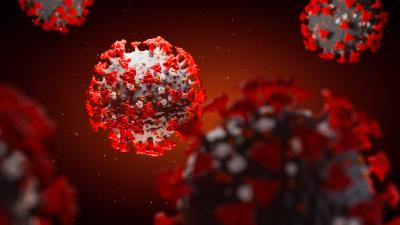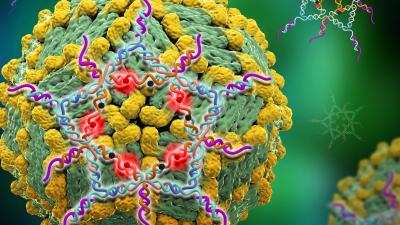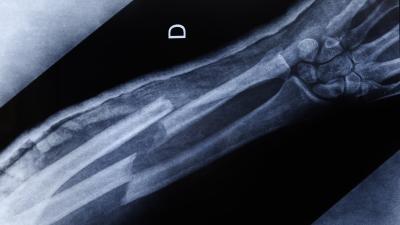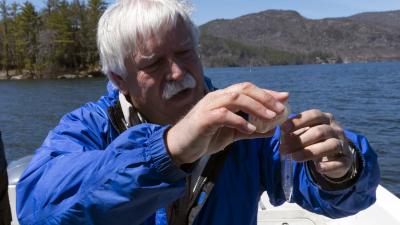New Research Aims To Combat Prion-like Spread of Tau Pathology in Alzheimer’s
Armed with evidence that a specific site on heparan sulfate — known as the 3-O-sulfate group — is critical to the transfer of harmful tau proteins in the brain, a research program funded by the NIH’s National Institute of Aging is scrutinizing the interactions between heparan sulfate and tau, determining how misfolded tau spreads in the brain, and developing strategies to block it.









